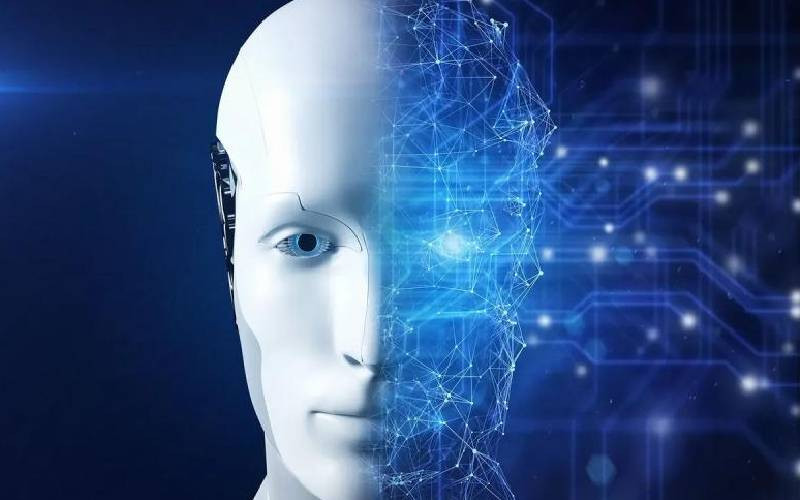×
The Standard e-Paper
Stay Informed, Even Offline

Recently, Google employee Blake Lemoine made headlines when he claimed that the Artificial Intelligence (AI) programme, Language Model for Dialogue Application (LaMDA), had become sentient or gained human-like consciousness such as intuition and self-awareness and emotions. Scientists and philosophers have long speculated about the dangers sentient AI poses, and the latest allegations have only fuelled this anxiety.